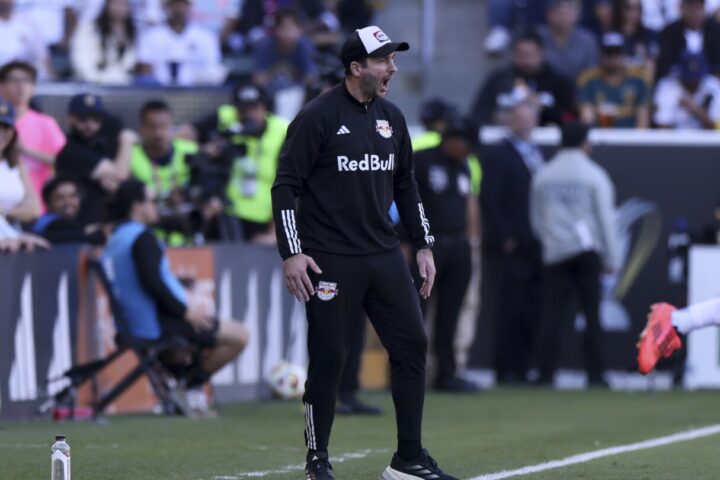ESSENTIAL POINTS
Buildings that have reached an age of at least 30 years, similar to the Champlain tower that collapsed, are required to undergo particular examinations, carry out repairs, and accumulate reserve funds for subsequent upkeep. The time limit expires by the end of this month.
Certain associations spend several million dollars, and condominium proprietors, many of whom are retirees with fixed incomes, are held accountable.
Some proprietors are attempting to sell their apartments instead of fulfilling the requirements, some are abandoning them, and yet some are seeking assistance from investors to rescue them.
Following the catastrophic collapse of a 12-story high-rise condominium in the Surfside suburb of Miami, Florida, in 2021, state legislators instituted novel stipulations for aged condominiums. Structures that have been standing for a minimum of 30 years, much like the ill-fated Champlain tower that crumbled, are obligated to undertake specialized examinations, conduct renovations and amass reserve capital for prospective upkeep. The cut-off date is set for the close of this month.
As inspections are presently in progress, financial obligations are surfacing. For particular associations, the outlays amount to several million dollars, and condominium holders, a significant portion of whom are retirees with fixed pensions, are left shouldering the burden.
Approximately 1 million units fall under the purview of these newly imposed capital-demanding regulations. Some proprietors are aiming to dispose of their units rather than adhere to the requirements, some are deserting them, and yet others are turning to investors for a rescue.
Seasoned analyst Peter Zalewski, the originator of the Miami-based real estate consultancy Condo Vultures, terms it the condo precipice.
“I would liken it to what transpired during the Great Recession, which was essentially zombie edifices. These are the units where a tiny fraction will essentially have to carry the load or foot the bill for all the others who are incapable of paying, be it due to inability or unwillingness to pay,” stated Zalewski.
Based on Zalewski’s calculations, in South Florida, encompassing Miami-Dade, Broward and Palm Beach counties, three-fourths of all the condominium units available for sale are over 30 years old and subject to the new directives. During the typically bustling summer period, sales declined by 21.5% in comparison to the previous year, and the average price dipped by 2.4%. In the third quarter of this year, active listings increased by 60% compared to the same quarter of the preceding year.
Can you provide more details about the new requirements for older condominiums?
How much will it cost to meet the financial obligations for older condominiums?
What are the potential consequences for condominium associations that fail to comply with the new requirements?
Extraordinary levies, imposed for the purpose of effecting the repairs, have reached as much as $200,000 per individual unit proprietor, and repair invoices have amounted to as high as $15 million, as per a recent report from the Palm Beach Post.
“What is transpiring currently is that these reports are arriving, budgets for maintenance fees are being formulated, and numerous boards are reluctant to recognize the magnitude of the costs,” Zalewski remarked. “All the bills will be dispatched, and individuals will obtain their diminutive booklets indicating the monthly payment amounts. They will receive them in January. Thus, at present, it is somewhat the lull preceding the tempest.”
In September, Florida Governor Ron DeSantis summoned a special session to address this condominium association’s financial precipice. Nevertheless, legislative leaders opted to defer until the commencement of the regular session in early 2025 to deliberate on any modifications to the law, stating that they require a more comprehensive understanding of the financial particulars, according to the Palm Beach Post.
Stefania Ancona, a real estate broker in Miami, asserts that the cohort of prospective purchasers is currently highly restricted, so sellers must either defray the novel assessments in advance or substantially reduce their prices. However, there exists an alternative recourse: investors.
One such edifice – the Bay Garden Manor condominium building on West Avenue in Miami – is slated to be vented to a major investor and demolished to clear the path for luxury waterfront real estate, Ancona elucidated.
“I deem it reasonable to posit that foreclosures or short sales might occur. I am not yet certain. I have not witnessed many as of yet, because, once more, the investors are procuring the buildings that they deem to be in a favourable location,” she stated.
Condominium prices declined by approximately 2% during the summer season, and Zalewski averred that this is merely the onset.
“It was only in September that the region initiated to be inundated with information regarding the perils,” said Zalewski. “Inexperienced purchasers observed lower prices [in the summer] and concluded that they ought to make a purchase promptlytoo to possess a parcel of South Florida. There is a significant degree of buyer remorse at present.”
Post Views: 164









